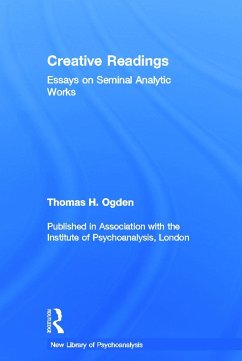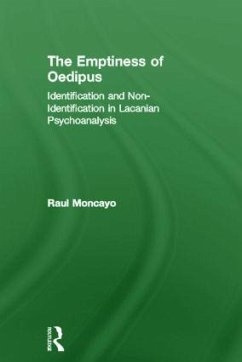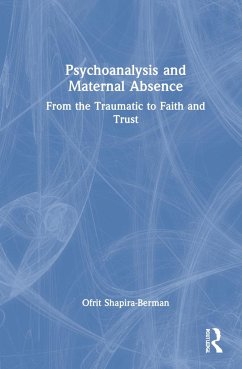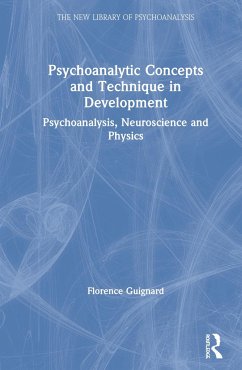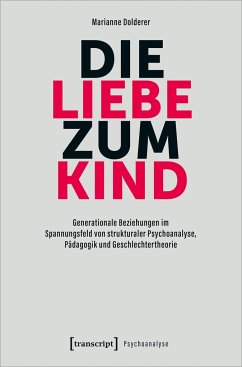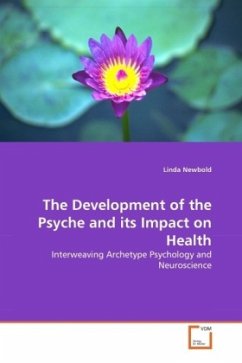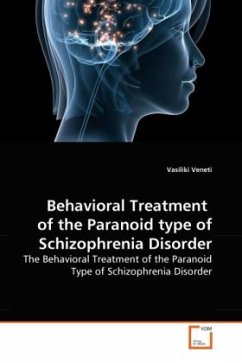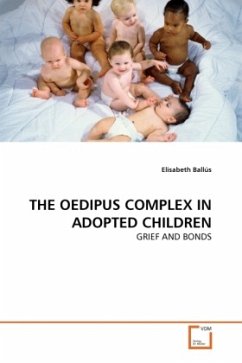
THE OEDIPUS COMPLEX IN ADOPTED CHILDREN
GRIEF AND BONDS
Versandkostenfrei!
Versandfertig in 6-10 Tagen
45,99 €
inkl. MwSt.

PAYBACK Punkte
23 °P sammeln!
Talk about Oedipus is controversial today as in recent decades have seen major changes in family structures, especially in Western societies. In addition, widespread adoption is a fact that has increased considerably during the past fifty years and especially international adoption. The target of this book is to know the implications of, the development of the Oedipus complex, the fact of being an adopted child and thus come to understand as personality structure through Projective Test Black Leg (Corman, 1961). Our study was conducted with a sample of 10 children, aged 6 to 12 years, as part ...
Talk about Oedipus is controversial today as in recent decades have seen major changes in family structures, especially in Western societies. In addition, widespread adoption is a fact that has increased considerably during the past fifty years and especially international adoption. The target of this book is to know the implications of, the development of the Oedipus complex, the fact of being an adopted child and thus come to understand as personality structure through Projective Test Black Leg (Corman, 1961). Our study was conducted with a sample of 10 children, aged 6 to 12 years, as part of the group of children for international adoption in Spain, whose home country is Nepal. Inclusion criteria for a family is to have no biological children, only adopted children. The results show that the affective variables specific to the Oedipal process making it difficult. But like in other areas, the adopted child may need more time and specific support to complete their development. The analysis with Projective Methods can help professionals to know the internal world of the adopted children.



